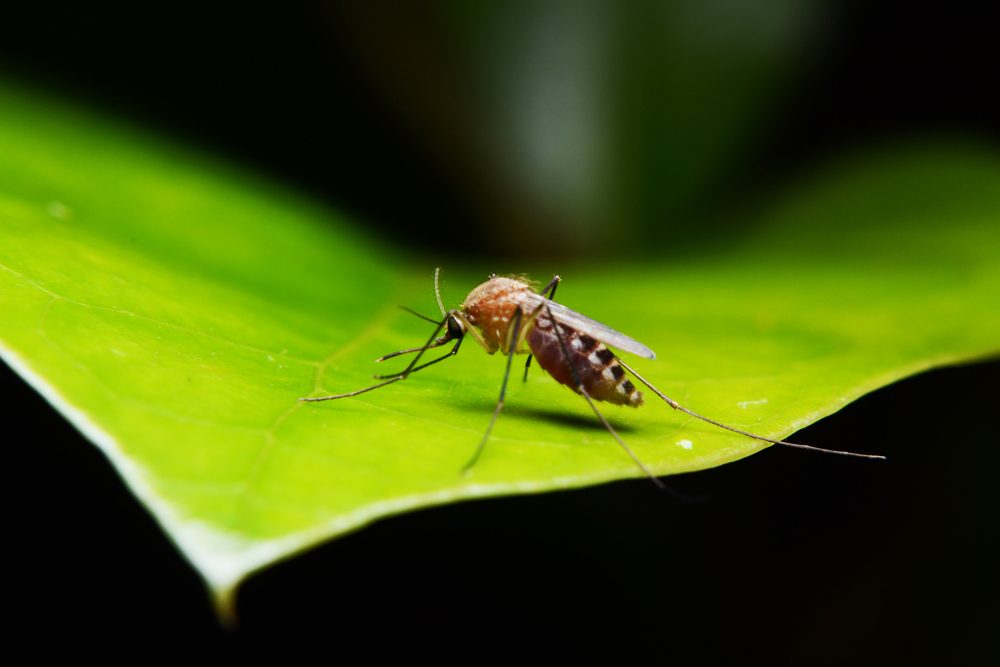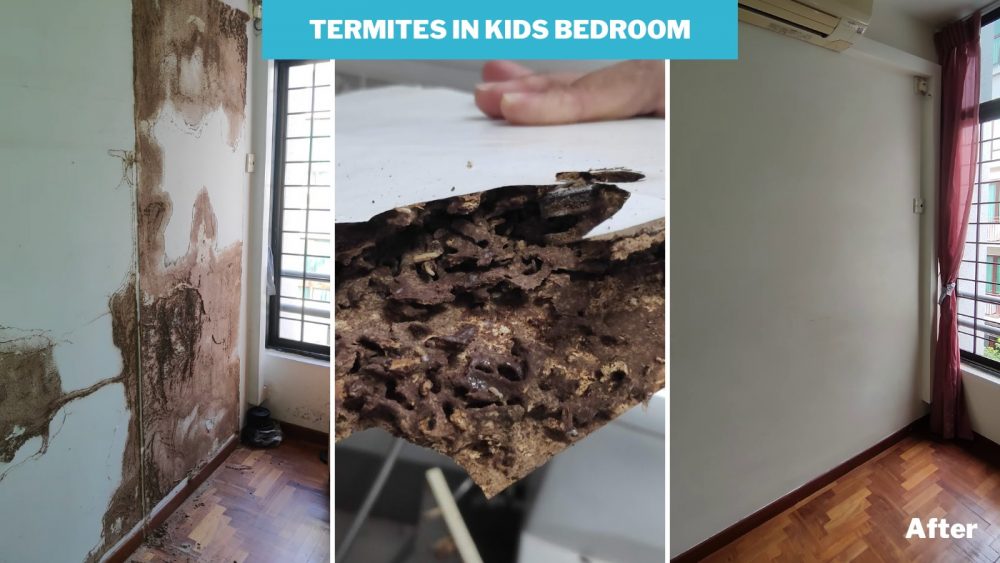Have you ever been woken up in the middle of the night, itching all over from a million mosquito bites?
Nothing is as pesky as having a home full of mosquitoes.
Not only do they cause an intense itching sensation that we’re all familiar with, but these blood-sucking pests also carry an abomination of viruses like Dengue and Zika.
Here are some effective methods on how you can keep these bothering pests away, and best of all, they don’t involve smoky mosquito coils, or harmful mosquito sprays.
Table of Contents
1. Place some mosquito-repellent plants in your home

If you want an au naturel way of repelling these pests without resorting to DEET-based products (which are potentially hazardous), what’s more natural than mother nature itself?
Apart from their ayurvedic and medicinal purposes, lavender, marigold, lemongrass and rosemary are some of the many pleasant-smelling plants that can repel mosquitoes with their own unique natural scents. Though these plants are generally adored by humans, they are despised by mosquitoes!
Mosquito-repelling plants are effective as well, catnip for instance, is scientifically proven to be 10 times more effective than DEET.
Grow these floras at your balcony, garden or porch to inject a touch of greenery and colours to your home. You can also make your own DIY mosquito repellent recipe consisting of either a combination of herbs or essential oils like lemongrass, rosemary and eucalyptus.
2. Mosquito traps
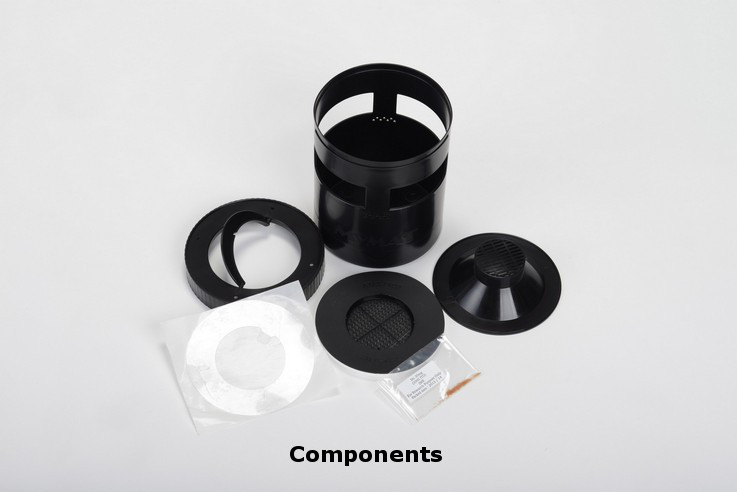
Mosquitoes are attracted by things like dark clothing, heat, or carbon dioxide. Commercial mosquito traps take advantage of this to attract mosquitoes away from humans.
There are many mosquito traps in the market. And depending on its features, they may vary in price, may need to be plugged in or charged, or may need to be replenished with chemicals or water.
For example, a locally made mosquito autocidal trap known as MyMAT claims to be odourless, does not require electricity, and traps mosquitoes harmlessly. On the other hand, the Mosquito Magnet can be used outdoors, and has been shown to reduce mosquito populations.
3. Mosquito screens
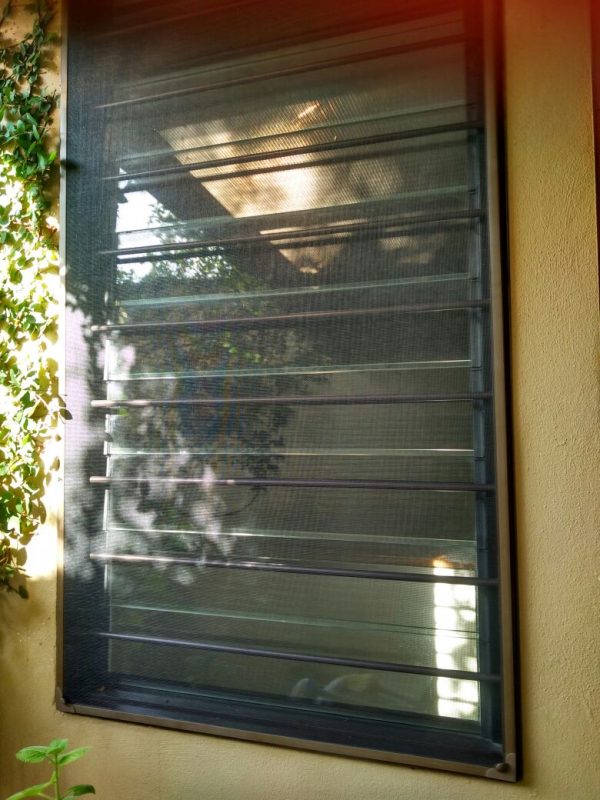
One of the most effective ways of keeping mosquitoes away is also one of the most common ones around – mosquito screens.
Mosquito screens are made of thin metal gauze and are handy at keeping out mosquitoes, as well as flies, ticks, moths and spiders.
Designed to fit on windows and doors, there are customisable as well as DIY versions, both of which can be easily found in hardware stores or online for relatively affordable prices. DIY versions usually have magnetic stickers that can be removable.
4. Mosquito net

Like mosquito screens, a mosquito net is designed to provide protection from flying insects when sleeping. Usually hung from the ceiling, there are also mosquito nets that are portable which make it convenient to bring around.
Opt for a mosquito net that is spacious enough so that you have enough room to sleep without coming in contact with them, and if you want an extra protective barrier, you can treat the nets with insecticide, which kills mosquitoes upon contact.
There are also mosquito nets that can be hung over baby cribs if you want to protect your babies!
5. Natural mosquito sprays
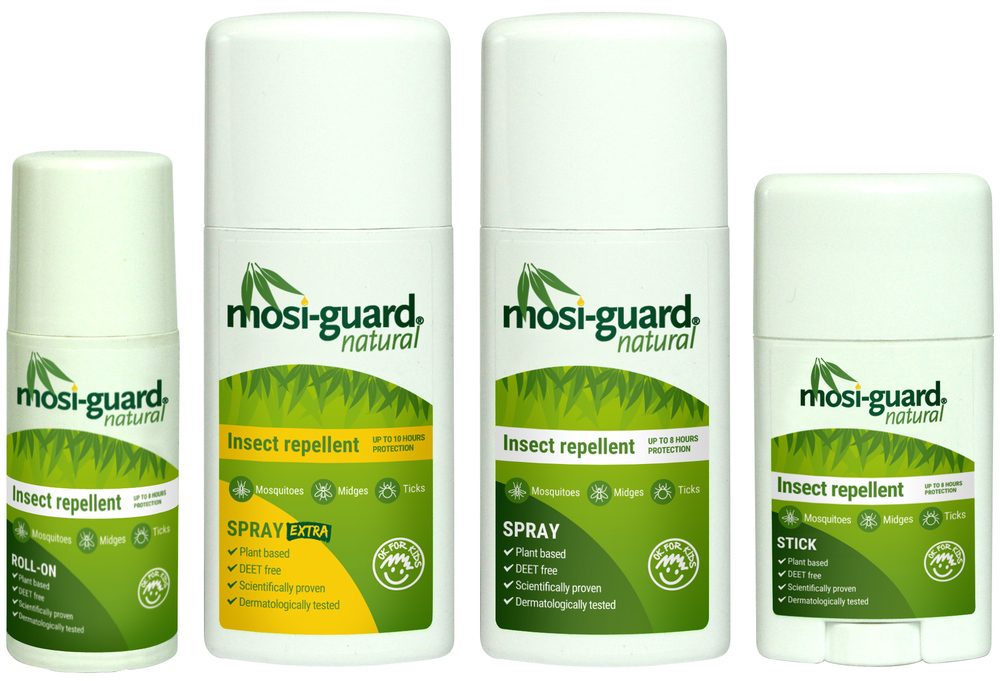
While aerosol sprays, coils and mats are all widely available and affordable methods of dealing with mosquitoes, they’re not exactly the most effective method because mosquitoes can build a natural immunity towards insecticides like DEET. Plus let’s not also forget about the toxic effects and health risks that aerosol sprays, mosquito mats and mosquito coils can bring.
However, if you’re not a fan of DEET-based products and the toxic effects that it can bring, there are less harmful sprays that use natural, plant-based compounds.
These natural sprays usually contain essential oils like lemon eucalyptus, tea tree, lemongrass and lavender and are more effective than DEET.
6. Anti-mosquito wall paint
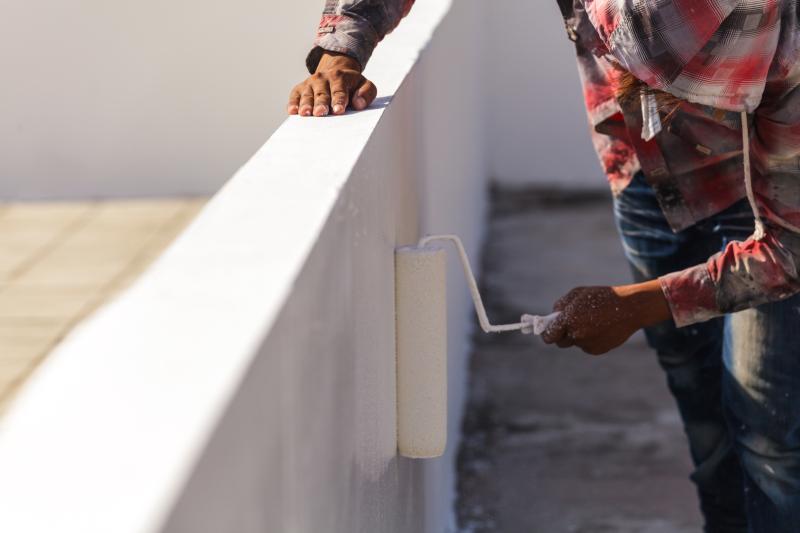
Only recently available to the market, anti-mosquito wall paints contain permethrin, a common insecticide that affects the nervous system of insects to make their bites useless. When bugs like mosquitoes and spiders rest on walls, the permethrin contained inside the paint will disrupt the nervous system of these pests, disabling their bites to make them harmless.
Though mosquito paints are slightly pricier than conventional paints, it does an excellent job of making sure that your mosquito problems are a thing of the past.
On the other hand, if you’re intent on destroying these pests instead of repelling them, there are also wall paints that have contact insecticide to kill mosquitoes once they come in contact with walls.
7. Mosquito dunks/bits
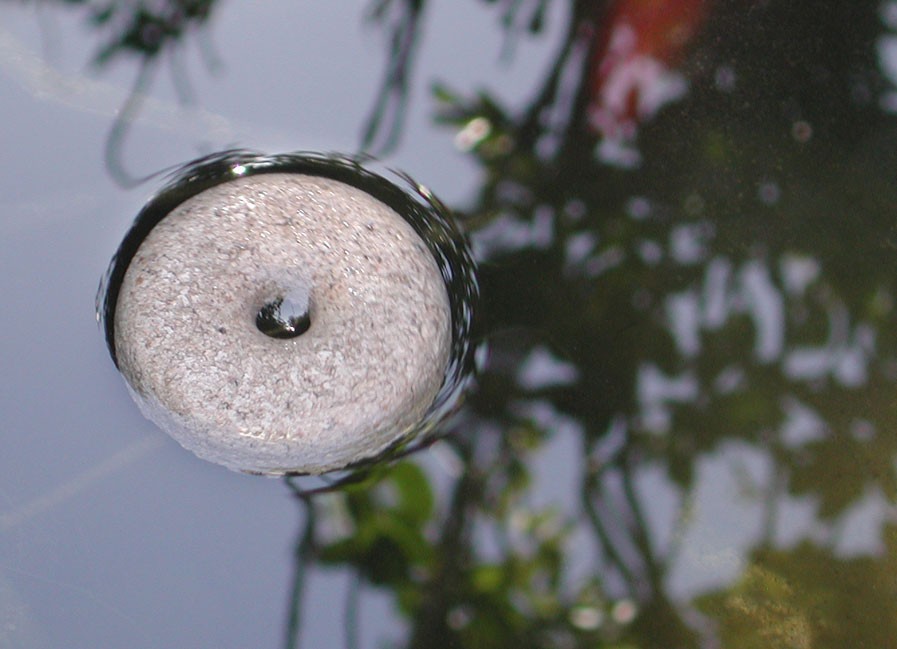
If you have a few areas around your home that hold stagnant water, chances are that these are breeding grounds for mosquito larvae. You might want to look into mosquito dunks as a long-term way of solving your problem.
Mosquito dunks are made out of Bti, a natural biological larvicide that specifically attacks mosquito at their larvae stage, destroying them before they have a chance to grow into adults. They come in the form of pellets or briquettes and are “dunk” into water.
They’re effective and affordable (they start from RM30) way of getting rid of larvae naturally. Best of all, they’re completely safe towards humans, pets and any other animals.
8. Breed natural mosquito predators
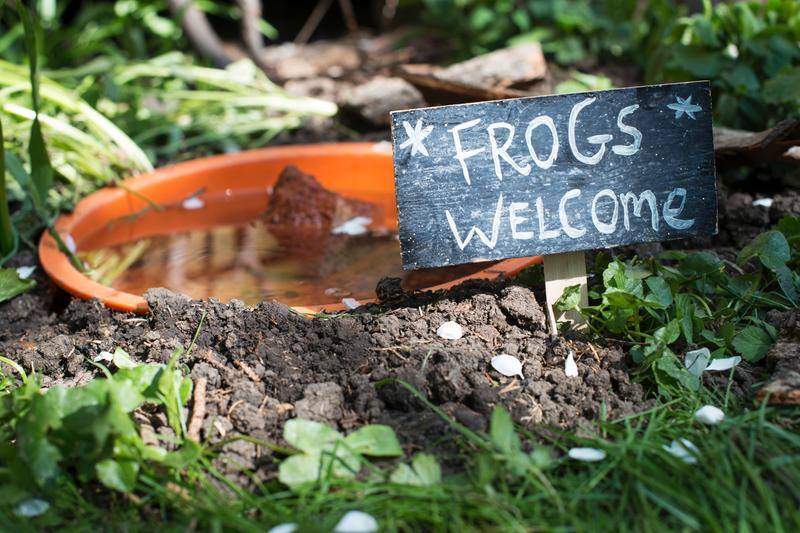
Another natural method of reducing the mosquito population at home is to make them part of the food chain for natural predators. Fishes, birds, lizards and frogs are some animals that consider mosquitoes as gourmet delicacies.
For example, you could breed fishes if you have an outdoor pond or invite frogs to your home by making miniature homes in your garden using easily obtainable materials like clay plant pots, mugs, bricks or even tin.
9. Destroy breeding sites
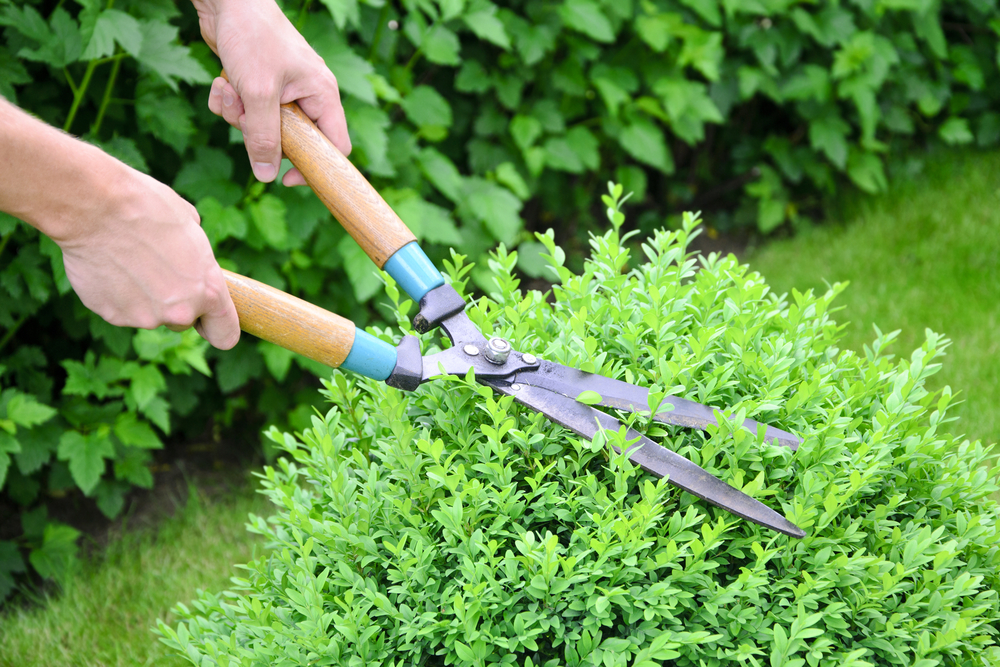
Last but not least, it’s important to make routine checks both inside and outside your property. Be sure to dump anything that can hold stagnant water, unclog your drains to ensure that water is flowing smoothly, remove any mosquito breeding sites, and also don’t forget to also trim wild weeds and bushes so that mosquitoes can’t hide in them.
Mosquitoes are naturally attracted to dark places, so make sure that you keep your house well lighted or at the very least, restrict a number of dark places so that mosquitoes can’t gather.


